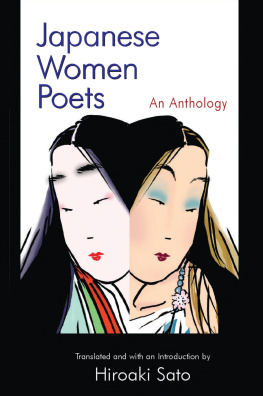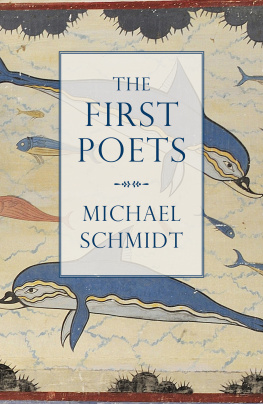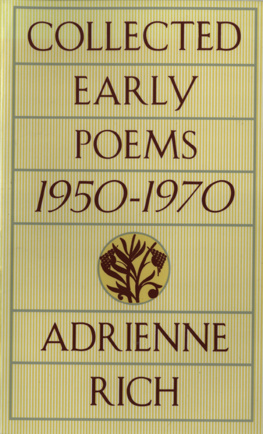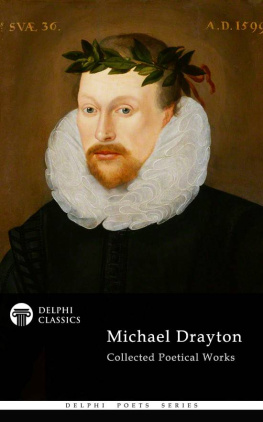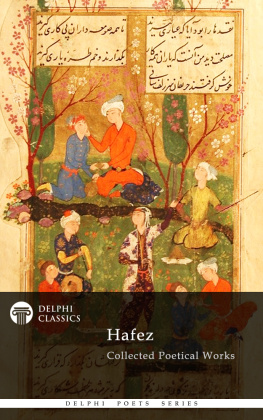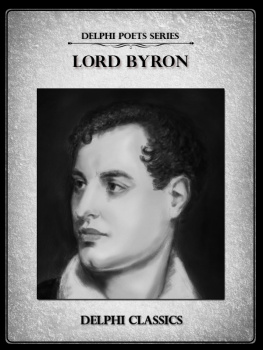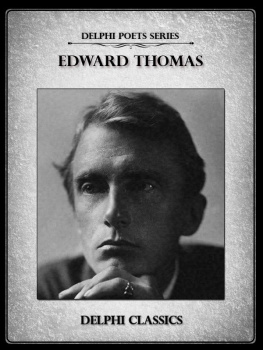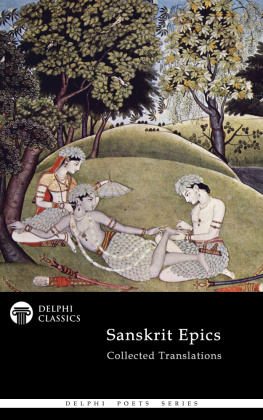AS I SAID LEV LOSEFF
AS I SAID Translated by G . S. Smith
Introduced by Barry P. Scherr

2012 CONTENTS
|
|
|
| / | THE TALKING PARROT |
|
|
|
| / | AS I SAID |
|
|
|
| SISYPHUS REDUX |
|
|
|
| / | AFTERWORD |
|
|
|
| / | NEW INFORMATION CONCERNING CARL AND CLARA |
|
|
|
| / | PRIVY COUNCILLOR |
|
|
|
| / | THE MIRACULOUS RAID |
SERIES EDITORS NOTE The Visible Poets series was established in 2000, and set out to challenge the view that translated poetry could or should be read without regard to the process of translation it had undergone. Since then, things have moved on. Today there is more translated poetry available and more debate on its nature, its status, and its relation to its original.
We know that translated poetry is neither English poetry that has mysteriously arisen from a hidden foreign source, nor is it foreign poetry that has silently rewritten itself in English. We are more aware that translation lies at the heart of all our cultural exchange; without it, we must remain artistically and intellectually insular. One of the aims of the series was, and still is, to enrich our poetry with the very best work that has appeared elsewhere in the world. And the poetry-reading public is now more aware than it was at the start of this century that translation cannot simply be done by anyone with two languages. The translation of poetry is a creative act, and translated poetry stands or falls on the strength of the poet-translators art. For this reason Visible Poets publishes only the work of the best translators, and gives each of them space, in a Preface, to talk about the trials and pleasures of their work.
From the start, Visible Poets books have been bilingual. Many readers will not speak the languages of the original poetry but they, too, are invited to compare the look and shape of the English poems with the originals. Those who can are encouraged to read both. Translation and original are presented side-by-side because translations do not displace the originals; they shed new light on them and are in turn themselves illuminated by the presence of their source poems. By drawing the readers attention to the act of translation itself, it is the aim of these books to make the work of both the original poets and their translators more visible. Jean Boase-Beier TRANSLATORS PREFACE The translations in this book are authorised, which needs some explanation.
The most familiar use of the word occurs, of course, in connection with the King James Bible, and is intended as a minatory indication of doctrinal correctness: the authorities are stating that this is the translation, and the faithful must spurn all others. It goes without saying that I intend nothing of this sort; in fact, I hope that among other things the appearance of these versions of Lev Loseffs poetry will encourage other translators to tackle it. What I wish to convey is the main fact about these translations that for me makes them different from any other verse texts I have undertaken: they were developed in consultation with the author and were granted his approval. In the present state of copyright law as I understand it, one may not simply go ahead and publish translations of the work of a living author without that authors permission, and in this sense all legal translations are authorised. Concerning the translations in this book I am speaking about something more than this kind of permission. Most living authors or their agents, I would guess, grateful for the attention and the possible proceeds, freely grant permission for translation and do not vet the results; apart from anything else, they probably lack the linguistic competence to make a well-founded judgement.
In this respect Loseff was different, in fact perhaps in a class of his own. Of all the literary Russians I have encountered in over forty years of professional activity in the field, he had the most profound and subtle knowledge of English, and so his comments carried weight. I say this in full awareness an unavoidable and even forbidding awareness of the poet who not so long ago radically changed the situation with regard to the translation of Russian poetry into English. Joseph Brodsky happened to be one of Loseffs closest friends, and Loseff wrote both a biography of him and extensive annotations for the most authoritative Russian edition of his poetry. In these writings, he on the whole avoided analysing the linguistic aspect of the work Brodsky wrote in English, translated and original, for the good reason that his priorities lay elsewhere in the centrally important questions of the life and primary writings of his subject. The work of what is by now a substantial number of scholars has shown, though, that Brodsky wished increasingly to control the translation of his work into English.
The translated texts of his poems begin by being attributed unambiguously to someone else, then comes a period when they are attributed to Brodsky jointly with a collaborator, and eventually we find what some people have called auto-translations, with Brodsky credited as both author and translator. I am inclined to think that these latter texts belong to a specific genre that merits analysis separately from translations made by more familiar methods; whatever be the case, they are authorised in a much stricter sense than the way I wish to imply with regard to my version of Loseff. Brodsky used to insist that his Russian poetry be translated into an English that reflects the verse form of the original. I say this as the grateful one-time recipient of his permission to break this rule. When I put together my bilingual anthology Contemporary Russian Poetry in the late 1980s, the model I had in mind was Dimitri Obolenskys Penguin Book of Russian Verse (1962), the book from which I and my generation of Russianists gained our basic knowledge of the subject. My anthology was eventually published in 1993, and gratefully dedicated to Obolensky.
The prose translations in that Penguin reader, appended at the bottom of the page according to the standard format for the series in which it appeared, were apart from anything else a treasure trove for Anglophone students of Russian. I wanted to pursue the same pedagogical objective in my anthology, though I preferred en-face translations that mirrored the line divisions of the original. I asked Brodsky for permission to print this kind of translation of the ten poems of his I had chosen, arguing that the anthology would simply be invalid without his presence, but also that a deviation from the standard format would seriously damage the integrity of the book; and he gave permission for my versions without challenging my selection or demanding to vet the results. My first substantial batch of translations of Lev Loseffs poetry was made for this same anthology. In a survey article of 1987 that outlined the situation in Russian poetry my anthology later tried to represent, I published a couple of metrical translations of poems by him, and the following year I published an article entirely devoted to his work. I then set about the translations for my anthology, consulting the author as I went.
I still have the earliest drafts I sent Loseff, returned with extensive but crisp annotations in his precise handwriting. Not for nothing was he at one time a professional editor, on the Leningrad journal Kostr ( The Campfire ) , and later at Ardis publishers, where he edited two of Brodskys major collections. I realised then that not only did he possess an extraordinarily nuanced comprehension of my sometimes excessively colloquial English English, but also was capable of explicating his own work to an extent I had not encountered before among Russian poets. Even more, he was willing to do so, and to an outsider to boot, without retreating into obscurantism or protestations of professional tradecraft. I was not surprised by this capacity; it went hand in hand with the exceptionally high intellectual level of Loseffs poetry and also his self-deprecating attitudes. One respect in which Loseff repeatedly drew a line and preferred not to explicate, though, was in the matter of annotation.
Next page

